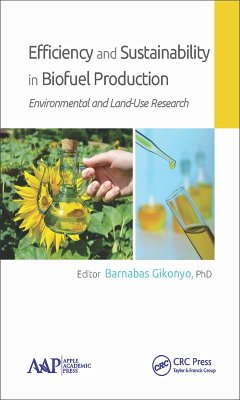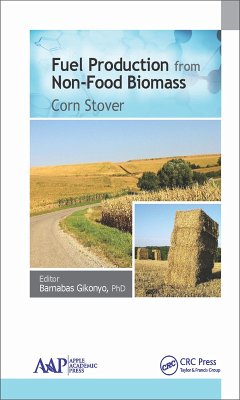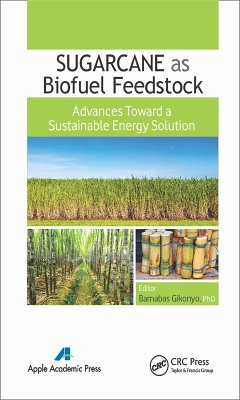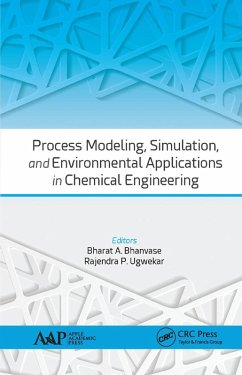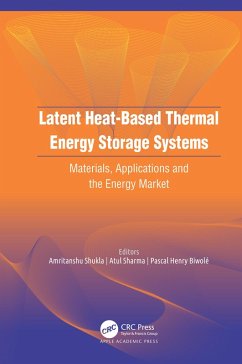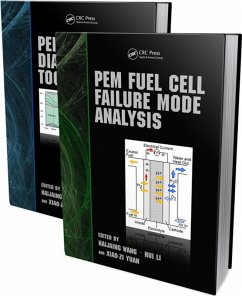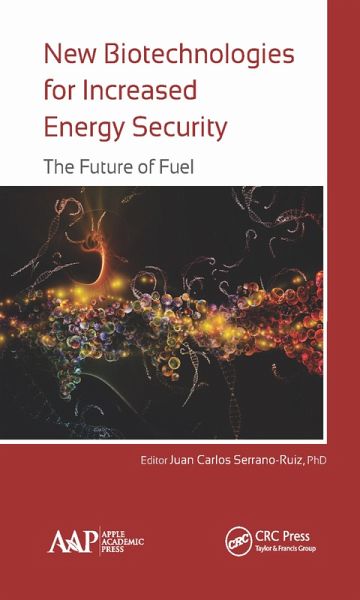
New Biotechnologies for Increased Energy Security (eBook, PDF)
The Future of Fuel
Redaktion: Serrano-Ruiz, Juan Carlos
Versandkostenfrei!
Sofort per Download lieferbar
117,95 €
inkl. MwSt.
Weitere Ausgaben:

PAYBACK Punkte
59 °P sammeln!
This title includes a number of Open Access chapters. The information contained in this compendium volume sets the stage for the future's large-scale production of biofuels. Biomass is an abundant carbon-neutral renewable feedstock for producing fuel. First-generation biofuels gained attention for their problems, but the authors of this book demons
Dieser Download kann aus rechtlichen Gründen nur mit Rechnungsadresse in A, B, BG, CY, CZ, D, DK, EW, E, FIN, F, GR, HR, H, IRL, I, LT, L, LR, M, NL, PL, P, R, S, SLO, SK ausgeliefert werden.






